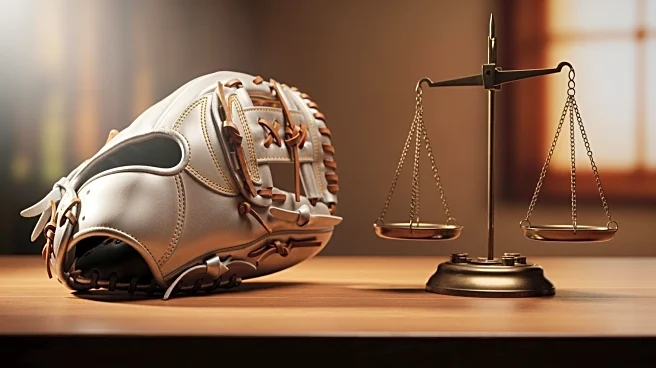What's Happening?
George Washington, the first President of the United States, established numerous precedents during his presidency, including the creation of the president's cabinet, asserting executive privilege, and using the veto power. He expanded executive authority over diplomatic and domestic issues, notably during the Neutrality Crisis and the Whiskey Rebellion. Washington's decision to retire after two terms set a precedent for future presidents, later reinforced by the 22nd Amendment. His will included provisions to free his enslaved valet, William Lee, and stipulated the freedom of other enslaved individuals upon his wife's passing.
AD
Why It's Important?
Washington's presidency laid the foundation for the executive branch's role in U.S. governance, influencing the balance of power and the conduct of foreign policy. His voluntary relinquishment of power after two terms established a tradition of peaceful transitions, crucial for democratic stability. Washington's actions regarding slavery, though limited, were significant as he was the only Founding Father president to free all enslaved individuals he owned, highlighting early steps towards addressing slavery.
Beyond the Headlines
Washington's legacy continues to influence American political culture and governance. His precedents in executive authority and term limits are integral to the functioning of the U.S. presidency. The ethical implications of his actions regarding slavery reflect the complex history of the nation's founding, offering lessons on leadership and moral responsibility.










